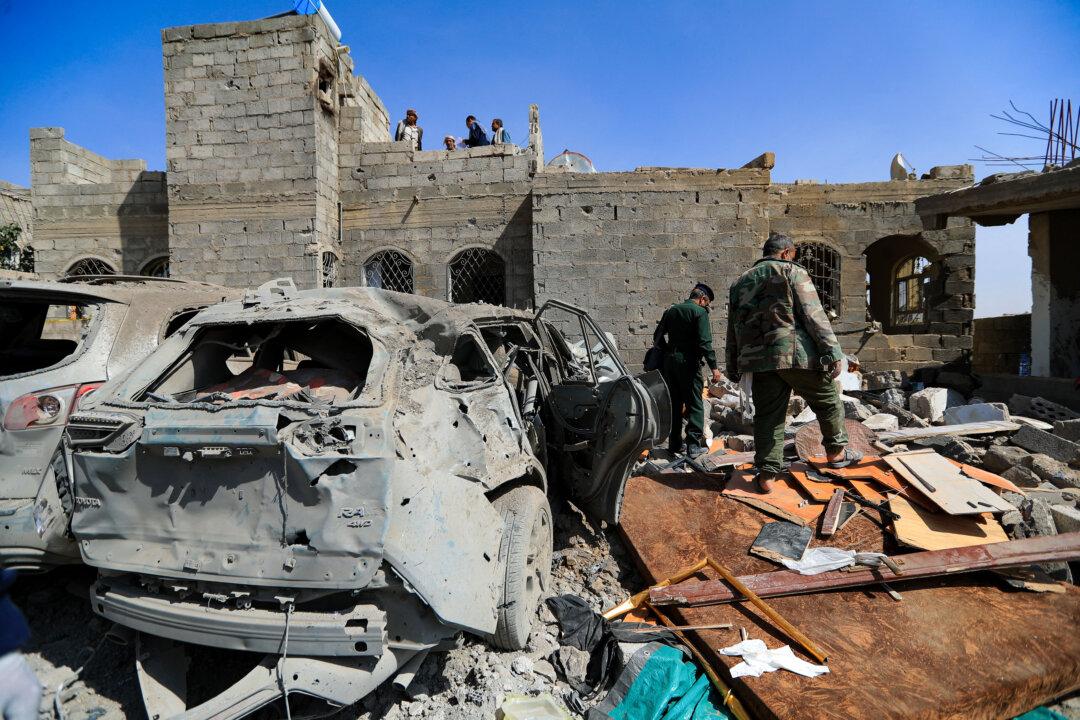President Donald Trump announced on May 6 that U.S. forces would cease strikes targeting Yemen’s Houthis, saying the insurgent movement had finally tired of a year-and-a-half-long Red Sea stand-off.
Speaking with reporters as he hosted newly elected Canadian Prime Minister Mark Carney at the White House on Tuesday, Trump said that in an overnight message, the Houthis “announced, to us at least, that they don’t want to fight anymore.”





